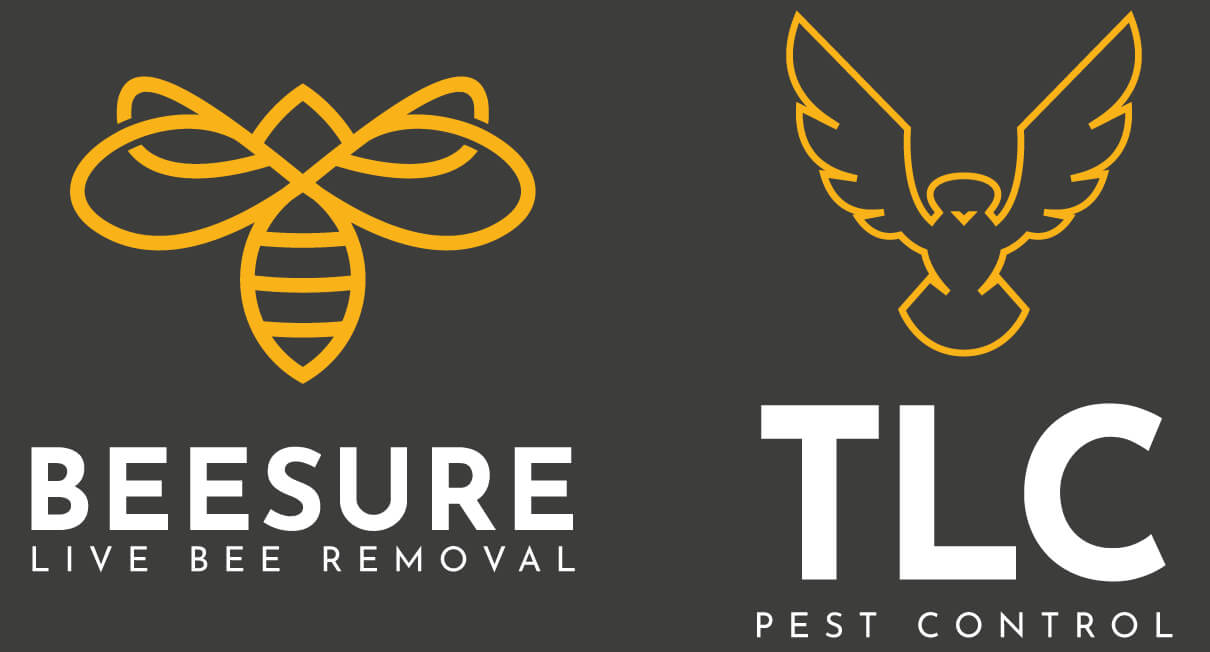Pigeon Guano Removal
Bird Guano Removal, Cleaning & Prevention – Protect Your Property from Dangerous Droppings
While bird spikes and netting are effective deterrents, they don’t fully stop the hidden and serious problem caused by bird guano (also known as bird droppings or avian droppings). Whether from pigeons, seagulls, or other birds, guano build up poses a major health risk, causes structural damage, and results in ongoing contamination of properties across the UK.
🧪 The Health Hazards of Pigeon Guano
Bird droppings may look like a minor nuisance, but pigeon guano can be extremely hazardous to human health. Once dried, the droppings turn into airborne dust that carries dangerous pathogens including:
- Salmonella
- Histoplasmosis
- Cryptococcosis
These can cause serious respiratory infections, particularly dangerous to the elderly, young children, and those with weakened immune systems. Guano also attracts biting mites and flies, further increasing the risk of infestations indoors.
🏚 Structural Damage – What Guano Does to Buildings
Guano is acidic, and over time it causes corrosion and staining on:
- Brickwork and stone
- Painted surfaces and signage
- Metal structures and solar panels
- Air conditioning units and ventilation systems, where droppings can clog filters and damage components, resulting in poor air quality, overheating, or full system failure
This isn’t just cosmetic. We’ve seen damage costing thousands to rectify – all caused by unaddressed bird mess.
Need help or advice?
🏫 Guano Risks in Schools & Public Buildings
For schools, nurseries, and public buildings, pigeon guano presents significant safeguarding issues. Contaminated playgrounds, entrances, windowsills, and air vents pose a real threat to children and staff. We work closely with facilities managers to provide:
- Safe and discreet guano cleaning during non-teaching hours
- Ongoing prevention plans
- Education on reporting and controlling roosting sites
🧼 Our Professional Guano Removal Service
At TLC Pest Control, we provide fully insured, licensed and biohazard-compliant guano removal and decontamination services.
Our team uses specialist biocidal sprays and PPE to safely clean hazardous areas including rooftops, plant rooms, internal spaces, ledges, and beneath solar panels. All contaminated materials are professionally disposed of, and we can apply long-term solutions to prevent re-soiling.
🔧 Real-World Projects
We’ve worked across a variety of sectors – from retail to sports venues and office spaces. See our recent work:
- ✅ Solar Panel Bird Proofing – Shopping Centre Project »
- 🏟 Pigeon Deterrent Installation – The Oval Cricket Ground, London (YouTube)
- 🏢 Pigeon Guano Contamination – Gymshark HQ Commercial Building (YouTube)
These projects highlight how guano buildup can spiral into major safety and maintenance issues if not properly addressed.
📞 Need Help With Bird Droppings or Guano Contamination?
If you’re seeing signs of bird droppings, pigeon guano, or contamination near your air conditioning systems, school grounds, solar panels, or commercial property — act now before it causes bigger problems.
We offer:
- Emergency guano clean-ups
- Scheduled maintenance services
- Preventative solutions like deterrents and exclusion systems
Get in touch with TLC Pest Control today to request a site visit or a free quote.
Frequently Asked Questions
Why is pigeon guano dangerous?
Pigeon guano (droppings) can pose serious health risks. It often contains harmful pathogens such as Histoplasma, Cryptococcus, and E. coli, which can cause respiratory infections and other illnesses in humans. It also accelerates corrosion and damage to buildings and structures.
Can I clean pigeon droppings myself?
It’s not recommended. Pigeon guano should be removed by trained professionals using proper protective gear, disinfectants, and disposal methods. DIY cleaning can expose you to airborne spores and hazardous waste.
How do professionals clean pigeon droppings?
They safely remove the droppings using special tools, then clean and disinfect the area to kill germs and remove any smell. They also wear protective gear to stay safe and may suggest steps to prevent birds from returning.
